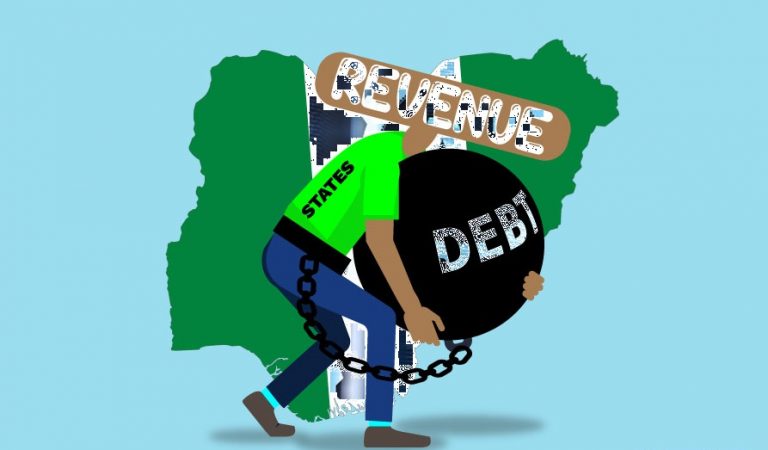
Nigeria’s total debt service payments declined significantly from $540 million in January 2025 to $276 million in February 2025, according to newly released data from the Central Bank of Nigeria (CBN).
The drop comes as the federal government intensifies efforts to restructure its debt portfolio, improve dollar liquidity, and ease pressure on the foreign exchange market.
The figures, published on the CBN’s website, highlight the increasing burden of debt obligations on Nigeria’s external reserves and overall fiscal sustainability. Analysts believe that recent negotiations with multilateral lenders and deferred debt repayments may have contributed to the lower outflows for the month.
Register for Tekedia Mini-MBA edition 19 (Feb 9 – May 2, 2026).
Register for Tekedia AI in Business Masterclass.
Join Tekedia Capital Syndicate and co-invest in great global startups.
Register for Tekedia AI Lab.
However, concerns persist over the government’s continued reliance on borrowing to fund its budget, with economists warning that increased borrowing could erode any gains made in debt service reduction.
Nigeria’s debt crisis has been a major source of concern, with debt service obligations consuming a significant portion of government revenue. President Bola Tinubu recently claimed that his administration has reduced Nigeria’s revenue-to-debt service ratio from 97% to 65% in 17 months. While this suggests an improvement, Nigeria’s debt obligations still account for a large share of its earnings, limiting resources available for infrastructure development and social programs.
The federal government has been engaging with global lenders such as the World Bank and the International Monetary Fund (IMF) to explore ways to restructure its debt and reduce repayment pressure. However, despite the government’s debt management strategies, Nigeria’s total debt stock continues to rise, raising concerns that the country is merely postponing financial distress rather than resolving it.
Surge in Trade Financing Through Letters of Credit
While debt service payments declined, the CBN reported a sharp rise in Letters of Credit (LCs), indicating increased financing of trade transactions. In February 2025, LCs issued totaled $95.6 million, reflecting a 48% increase from $64.6 million in January 2025.
The increase suggests a rebound in import-related activities, as businesses adjust to fluctuating exchange rates and government policies aimed at stabilizing trade financing. However, with Nigeria’s dependence on imported goods, this rise in trade financing could further strain foreign reserves, especially if oil revenues fail to keep pace with growing forex demand.
The government’s strategy to stabilize Nigeria’s foreign reserves while managing debt repayment obligations remains a delicate balancing act. The CBN’s recent monetary policy measures, including higher interest rates and tighter forex controls, aim to support the naira and ensure adequate dollar liquidity for external obligations.
However, debt service payments remain a major concern. According to the Debt Management Office (DMO), Nigeria’s debt service payments surged by 69% in the first half of 2024, reaching N6.04 trillion, up from N3.58 trillion in the same period of 2023. The sharp increase was largely driven by the devaluation of the naira, which made foreign debt repayments more expensive.
Although February’s lower debt service payment figures provide a momentary relief, the government has shown no sign of slowing down borrowing. The federal government recently secured new loans from both local and international creditors, further raising concerns about long-term debt sustainability.
The World Bank has repeatedly warned about the growing debt burden of developing economies, including Nigeria. In a recent statement, Indermit Gill, the World Bank’s Chief Economist, and Senior Vice President, highlighted the risks associated with mounting debt service costs, stressing that they could push countries into financial crises if left unaddressed.
Can Nigeria Sustain Lower Debt Service Payments?
While the drop in February’s debt service payments may appear to be a positive development, it does not necessarily indicate a lasting solution to Nigeria’s debt challenges. The government’s continued reliance on borrowing to fund the budget raises concerns that debt repayments will inevitably rise again in the near future.
To avoid this relapse, experts suggest that a combination of higher oil revenues, improved tax collection, and strategic debt restructuring could help sustain lower debt service payments.



